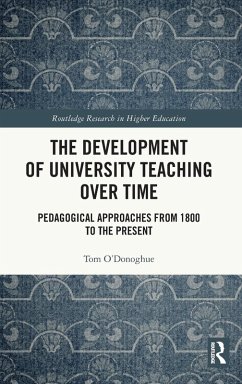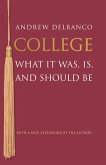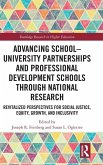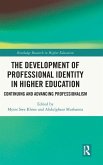Examining two centuries of university education, this book charts the development of pedagogical approaches since the year 1800 and how they have transformed higher education.
While institutions for promoting advanced learning in various forms have existed in Asia, Africa, and the Arab world for centuries, the beginning of the nineteenth century saw the emergence of the modern model of a university with which we are familiar today. This book argues that, in the time since, seven broad teaching approaches were developed across the world which continue to be used today: the disputation, the lecture, the tutorial, the research seminar, workplace teaching, teaching through material making, and role-play. O'Donoghue demonstrates how each has been reconfigured and developed over time in response to the changing nature of higher education, as well as society more generally.
This expansive book will be of great interest to historians of education, scholars of education more generally, and teacher practitioners interested in the pedagogical models that shape modern academia.
While institutions for promoting advanced learning in various forms have existed in Asia, Africa, and the Arab world for centuries, the beginning of the nineteenth century saw the emergence of the modern model of a university with which we are familiar today. This book argues that, in the time since, seven broad teaching approaches were developed across the world which continue to be used today: the disputation, the lecture, the tutorial, the research seminar, workplace teaching, teaching through material making, and role-play. O'Donoghue demonstrates how each has been reconfigured and developed over time in response to the changing nature of higher education, as well as society more generally.
This expansive book will be of great interest to historians of education, scholars of education more generally, and teacher practitioners interested in the pedagogical models that shape modern academia.








